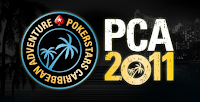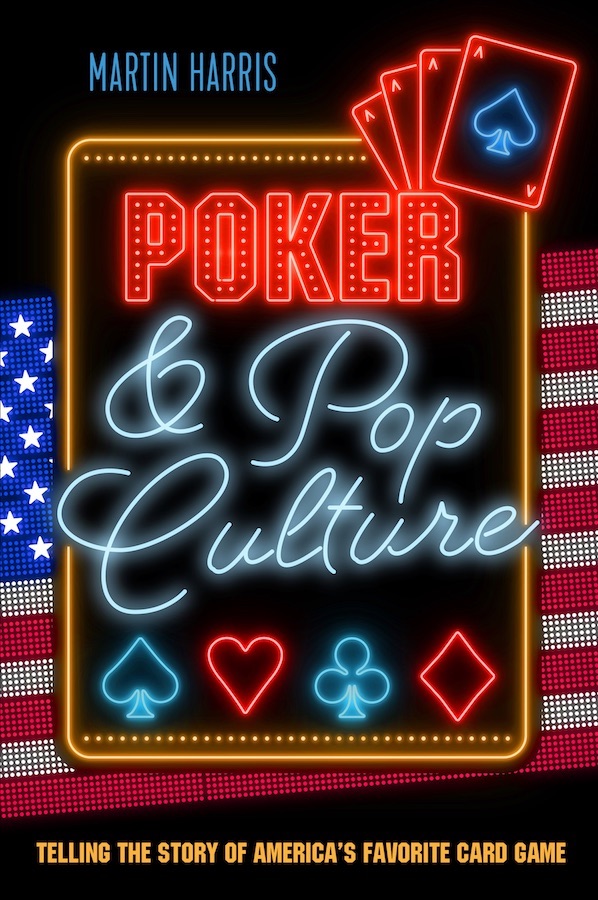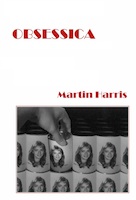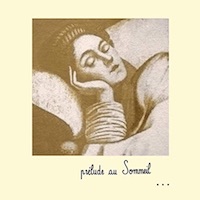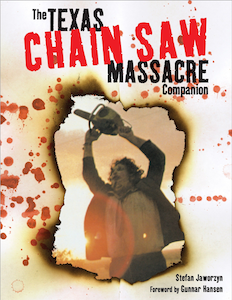Tourney Talk
 Have played in a number of tournaments of late -- five in the last week, in fact. Would have to check my records to confirm, but that’s more than I had probably played during the previous couple of months.
Have played in a number of tournaments of late -- five in the last week, in fact. Would have to check my records to confirm, but that’s more than I had probably played during the previous couple of months.I’ve written here several times about my preference for cash games over tourneys, the primary reason for which is my general lack of freedom time-wise when it comes to playing. As a recreational player, I rarely have more than a couple of hours at a time to commit, and so as a result do not find myself signing up for the large field, multi-table tournaments that often.
I’ve also noted here more than once how I ain’t so crazy about the way tourneys require one to get accustomed to losing, with even the best players generally only cashing some of the time and winning very rarely. For example, a few weeks back in “Stopped Short of the Goal Line” I described playing in that $1 Twitter tourney on PokerStars and making it all of the way to the top 20 (out of 1,200-plus) only to suffer a few unfortunate beats and hit the rail shy of any decent cabbage.
I fared reasonably well in my five tourneys this last week -- “cashing” (so to speak) in three. Something occurred to me, though, while playing yesterday regarding the attraction of tournaments. Anyone who has made a final table or won one of these suckers knows about the significant high that results from that obvious success. But there’s another pleasure, I think, associated with tourney play that also keeps folks coming back.
Three of my five tournaments were part of that World Blogger Championship of Online Poker promotion that PokerStars put on last week. I wasn’t able to play but a couple of the prelims, as the scheduling didn’t work well for me.
One of those was the no-limit hold’em event on Thursday. I got off to a good start and had an above-average stack when I picked up pocket queens in the small blind. It folded to the button who raised, I three-bet, the big blind folded, then the button shoved all in over the top. I had him covered (though not by a lot), but if I had thought more than a few seconds I might’ve realized the guy had barely played a hand in the last 50. Don’t know if that realization would’ve helped me find a fold, but in any event I called, he showed K-K, and shortly thereafter I was out of the tourney, shy of winning an entry into the Main Event on Sunday.
Things went better for me on Friday during the 8-game mix event (a.k.a., S.P.L.E.N.D.O.R.), despite one miserable blunder along the way in which I played a stud hand as if it were razz, thereby donating about a third of my stack at the time. Recovered enough to sneak into the “money” and land that ME ticket. Yesterday I also played in Kevmath’s home game tourney (busting early), as well that Twitter event again in which I finished 70th (again of about 1,200 or so) for a teeny cash.
I played okay in yesterday’s WBCOOP Main Event, landing a $22 SCOOP ticket for finishing just outside the top 100. It was after the bubble burst and players began hitting the rail at a rapid pace that I realized another kind of enjoyment to be associated with tourney play.
Once in the money -- especially in a large-field event in which players are being eliminated every hand as the tourney progresses -- there’s something gratifying in being able to sit there and know that the longer one survives with chips, the more one (theoretically) is earning. You can fold hand after hand, if you wish, but as long as you are still in your seat while others are being eliminated, your status relative to the payouts is necessarily improving.
One doesn’t really get that feeling in the cash games. I suppose you could argue that by accumulating FPPs or whatever other benefits a site or poker room offers players for putting in time, one is “benefiting” in small increments just for being there. But those rewards are not terribly significant, and usually more than countered by the rake or other costs for playing.
But in tourneys, once the money bubble has burst, that feeling that one is getting ahead even when just breaking even is quite palpable. And it increases, too -- the pleasure, or gratification, or whatever you want to call it -- the further along one gets.
The best tourney players manage this emotional response in such a way that they are able to prevent it from affecting their games. Still, I think even the most seasoned players probably continue to derive enjoyment from this aspect of tournaments, no matter how many times they’ve experienced it.
Labels: *on the street, tournaments, WBCOOP
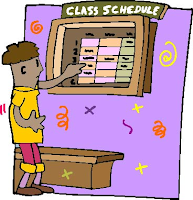


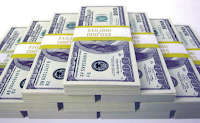





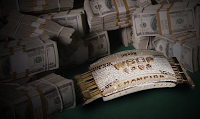







 and raised pot to $1.10. The button called, as did DontTeaseMeBro and the UTG limper.
and raised pot to $1.10. The button called, as did DontTeaseMeBro and the UTG limper. 

 . Into this crowd the newcomer unhesitatingly bet the pot ($4.28). UTG folded, and I got out, too, but the button called. They got the rest in on the
. Into this crowd the newcomer unhesitatingly bet the pot ($4.28). UTG folded, and I got out, too, but the button called. They got the rest in on the  turn, at which point I laughed again when I saw DontTeaseMeBro’s hand --
turn, at which point I laughed again when I saw DontTeaseMeBro’s hand -- 


 . The button’s hand was a little amusing, too --
. The button’s hand was a little amusing, too -- 


 -- just second pair and an open-ender on the flop, but the turn had given him two pair. Then came the river card which was simply a riot, the
-- just second pair and an open-ender on the flop, but the turn had given him two pair. Then came the river card which was simply a riot, the  , giving DontTeaseMeBro a set and a quick double-up.
, giving DontTeaseMeBro a set and a quick double-up.

 . Certainly so-so (if not trash), but with position I called, and both blinds came along, too. The flop came
. Certainly so-so (if not trash), but with position I called, and both blinds came along, too. The flop came 

 , giving me middle set. It checked to me, I bet the pot ($0.95), and both the small blind and DontTeaseMeBro called.
, giving me middle set. It checked to me, I bet the pot ($0.95), and both the small blind and DontTeaseMeBro called. on the turn didn’t complete those. They both checked, and I decided to fire again, betting the pot ($3.66). The small blind quickly folded, and DontTeaseMeBro just as quickly made the call.
on the turn didn’t complete those. They both checked, and I decided to fire again, betting the pot ($3.66). The small blind quickly folded, and DontTeaseMeBro just as quickly made the call. and before you could say “queen-ten” DontTeaseMeBro had instantly bet the pot ($10.63).
and before you could say “queen-ten” DontTeaseMeBro had instantly bet the pot ($10.63). 

 for ace-high. A few hands later he dropped the few bucks I’d left him with on that hand and skedaddled, perhaps to go work further on the big problem he’d created with his brother’s Stars account.
for ace-high. A few hands later he dropped the few bucks I’d left him with on that hand and skedaddled, perhaps to go work further on the big problem he’d created with his brother’s Stars account.


